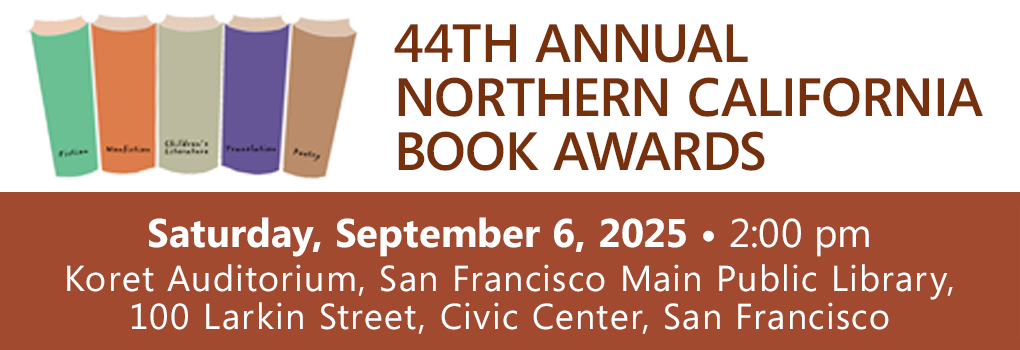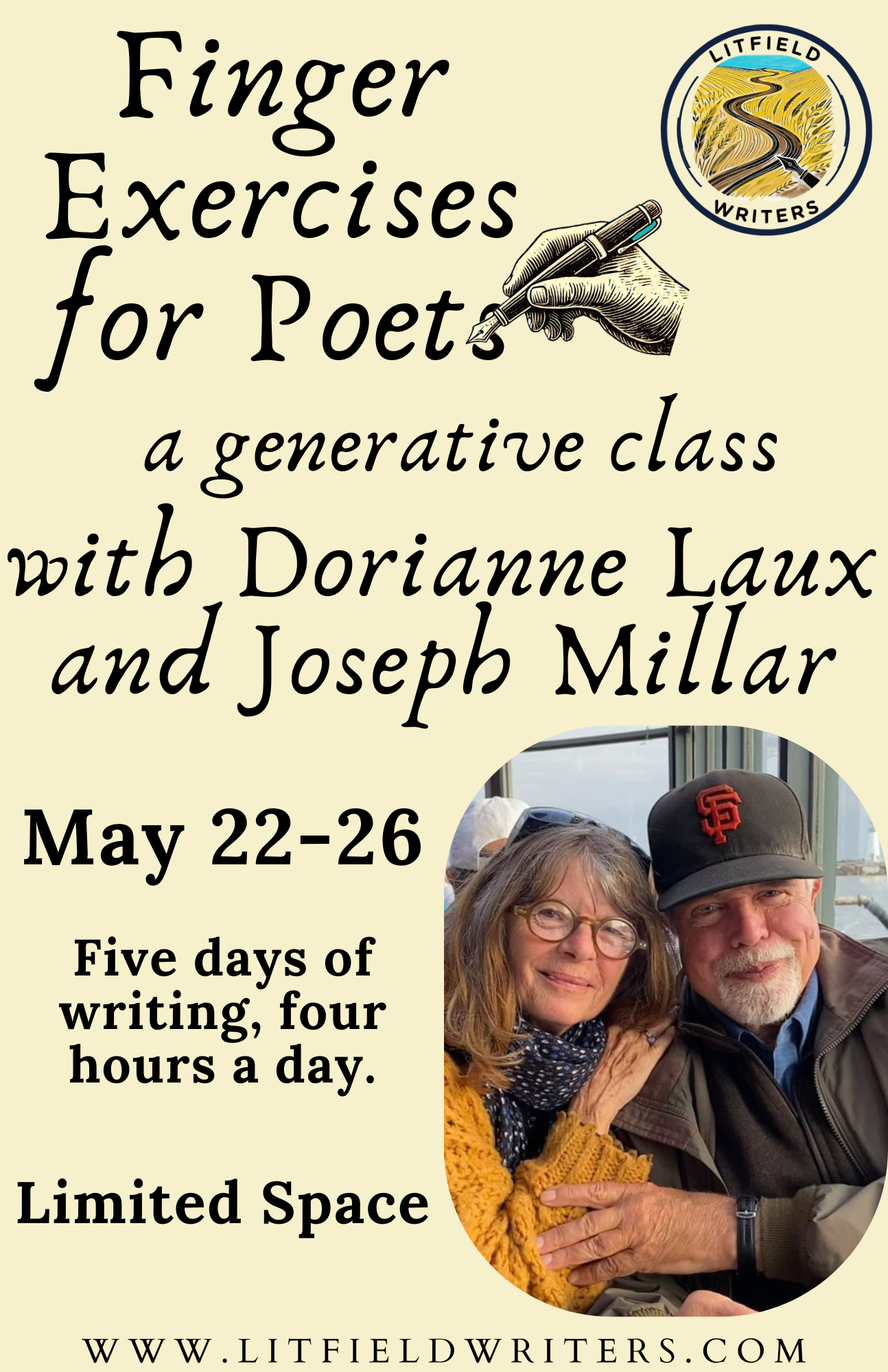
A Marvelous Ride
by Jack Foley
RECORD, George Keenen, Igneus Press, Bellingham, Washington, 2021, 76 pages, $15.00 paperback, www.igneuspress.com.
GEORGE KEENEN'S RECORD was written in a burst, in two nights in 1976, "with time off for coffee at Terminal Lunch in San Francisco." In its original form it was hand printed with rubber stamps. Each poem or stanza was on a separate page. Igneus Press editor Sophia Kidd declares that the book was "lost" until 2018. Three similar books by Keenen are still lost. RECORD is the only surviving indication of what must have been a remarkable experience. This series of short, capitalized, centered poems in boldface reminds you a little of Kerouac's Mexico City Blues and also of a sequence of haiku, though the author's individual consciousness is more in evidence than is generally the case in haiku.
These are the first five lines of the six-line opening poem:
ALL RIGHT
I'LL DO IT
BUT WHAT
IS IT YOU
WANT ME TO
The expected next word is "DO," but that isn't what Keenen writes. This is the complete poem:
ALL RIGHT
I'LL DO IT
BUT WHAT
IS IT YOU
WANT ME TO
RECORD
The concluding word is the title of the book, and suddenly we're off into an adventure which, to tell you the truth, I doubt that I understand. But this is a poem, not an essay or a philosophical thesis. It is not meant to be understood; it is meant to be experienced. "I HAVE BEEN," the author writes, "AM / IN THE GRIP / OF / SOMETHING," and adds, "I AM / COMPLETELY / HAD."
For two days, these are the words that rolled recklessly in the author's consciousness. I doubt that he understood them any more than I do. His stance is like that of Jack Spicer who, remembering Cocteau's film, Orphée, thought of the poet as a radio, a receiving instrument. What the poet "says" might as well be the speech of Martians: it doesn't come from "inside" the author; it comes from what Robin Blaser called "outside," from "the practice of outside." When Yeats asked his "spooks" (Spicer's term) why they had come to him, the spooks answered, "We have come to give you metaphors for poetry." In Keenen's case it is not so much metaphors but simply words—often words of a distinctly enigmatic nature. "That's beautiful, Jack," someone remarked to Spicer after a reading. Spicer answered, "I know it's beautiful, but what does it mean?" What indeed does this mean?
IN ONE
GENEROUS
SEASON
YET WAVES
GO
UNDRUNK
Or this:
THINGS
FLOAT
UP
UNGROWN
THE
SUN
MELTS
True, there are moments in the poem of what seems to be "autobiography," though these too are often rather problematical utterances:
I GREW OLD
I STILL
HOWEVER
DO NOT
KNOW
MY AGE
I CAN TELL
YOU THOUGH
PEOPLE
OFTEN
OFFER ME
THEIR
SEATS
This book is essentially about carrying the burden of these words that come from God knows where but which have the authority of bold print and insistence—not to mention centering. The word "inspiration" is from the Latin and means "to breathe in." These are the breaths of a man haunted and rent by words—words which seem to mean something but whose meaning is constantly escaping him as it escapes us. But that very fact brings us back to the book again and again. These poems, as Keats put it, tease us out of thought. They carry with them the fascination of obsession, of unknown voices pouring into our consciousness, demanding to be heard:
I HAVE
ON
OCCASION
BEEN
DESERTED
THAT
MAGIC
WENT
OUT OF
MY LIFE
AT THOSE
TIMES
HAVING NO
IDEA WHEN
THE MAGIC
MIGHT
RETURN
I
ABANDONED
MYSELF
It's a marvelous ride, and it seems to touch on something essential about poetry: that it comes from nowhere and returns to nowhere—that it is nothing but air and a sudden, obsessive, momentary awakening:
DANCE
LIKE
THE
ORANGE
TREE
RETURNING
SUN
FOR
SUN
THIS CAME
TO ME
FROM
AN APPLE
I HAVE
LEARNED
TO LISTEN
*
OCTOBER THOUGHT
for George Keenen
BOOKS
LIE AROUND ME
LIKE LEAVES
LIKE CONQUERED
SOLDIERS
WHO ATTACK
THE SOUL
•
EACH BOOK READ
IS
A VICTORY
OVER
TIME, CHAOS
•
EACH BOOK READ
IS THE RECORD
OF A CONSUMMATED
LOVE
•
SPEAK,
FRIEND,
IN OCTOBER
LIGHT
![]()
Jack Foley is a poet, critic, and host of KPFA FM's "Cover to Cover" book show. His new book of poetry is When Sleep Comes: Shillelagh Songs, poems ranging from traditional to experimental verse; and the companion volumes, The Light of Evening, a brief autobiography, and "A Backward Glance O'er Travel'd Roads," about the growth—the autobiography—of the octogenarian poet's mind. Jack Foley is a Poetry Flash contributing editor. He lives in Oakland, California.
— posted JANUARY 2022







































 So Far So Good: Final Poems, 2014-2018
So Far So Good: Final Poems, 2014-2018  Abandoned Poems
Abandoned Poems 















 Mississippi
Mississippi 



















































































